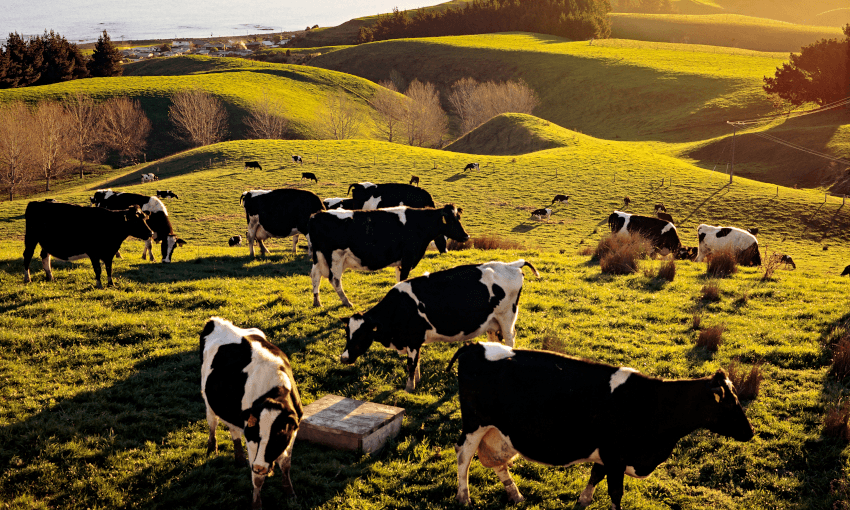Could a taiao values approach to our economy be the key to bridging the gap between protecting our environment and prospering as people? Dr Amanda Black from the Bio-Protection Research Centre explains how.
Aotearoa has been economically dependent on our primary sector for generations. But in this new Covid-19-framed world, that dependence will be magnified.
Already we see government-led job creation in sectors such as forestry and conservation. While tourism and hospitality shed tens of thousands of jobs, the world still demands – perhaps more than ever – products from our farms, orchards, vineyards, market gardens, and seas.
While our economic recovery depends on our primary industries, our primary industries depend on our environment. But the exponential decline of our natural environment continues. We have major water quality issues and a biodiversity crisis, we’re still building sprawling subdivisions on some of our best food-growing soil, and the massive elephant in the room – climate change – looms large.
As a parent, I worry that the decisions we make about our economic recovery will leave our country and world in an even worse state for our children. We can’t afford to carry on extracting wealth from our environment in an unsustainable fashion, be it through tourism, dairying or forestry.
We need a paradigm shift to achieve a sustainable economic recovery. Taiao, a Māori world view that speaks to the interconnectedness of people with their land, can provide the structure through which we shift our values and practices to unite our economy, society, and environment.
An approach unique to Aotearoa, taiao links environmental health with the health and wellbeing of people and generations. It recognises that human activity is at the root of many environmental problems and must be at the heart of the solutions.
As a scientist of Māori descent, I see this as a logical step in managing our natural assets.
What would adopting a values-based taiao model look like at an operational level? Tuaropaki Trust, an Ahu Whenua Trust located in Taupo, provides a good model. With assets of $700 million, its mission is to use wisdom, knowledge and science to address current and future challenges. Its guiding principles include “look after our land, and the land will look after you”.
Tuaropaki income streams are diverse and include beef, lamb, and dairy farms; milk processing powered by its significant geothermal energy plant (which also feeds power into the national grid); geothermal energy services and engineering; temperature-controlled horticulture; and lately, a hydrogen energy trial associated with those geothermal plants. These integrated operations deliver solid financial returns, allowing the Trust to pay workers a living wage and providing their community with grants and scholarships.
The key to Tuaropaki Trust’s sustainable operations is that it owns the whole-of-system value chain and is moving operations towards a circular economy model while restoring parts of its land back to native vegetation to confer the ecological benefits that biodiversity brings.
A taiao-based model, where the health and wellbeing of the people are linked with the land, would look to move our current unsustainable export model systems based largely on unprocessed (eg logs and wool) and partially processed (eg milk protein, meat and fish) commodities to fully processed high-value products (eg wine) and more restorative practices with more diverse income streams on smaller, community-oriented farms. Another benefit of this is that it has the ability to attract more people back to rural communities.
I believe a taiao values approach for New Zealand’s primary industries can bridge the gap between protecting our environment and prospering as people while delivering food for the nation and income from exports. Uniting under a values-based taiao framework may be the post-Covid guide New Zealand needs for a sustainable recovery.
